The Ethical Traveler's Guide to Good Souvenir Shopping
For many of us, souvenirs that remind us of a special place on our travels also make their way into our backpacks. But how can we make sure we shop ethically?
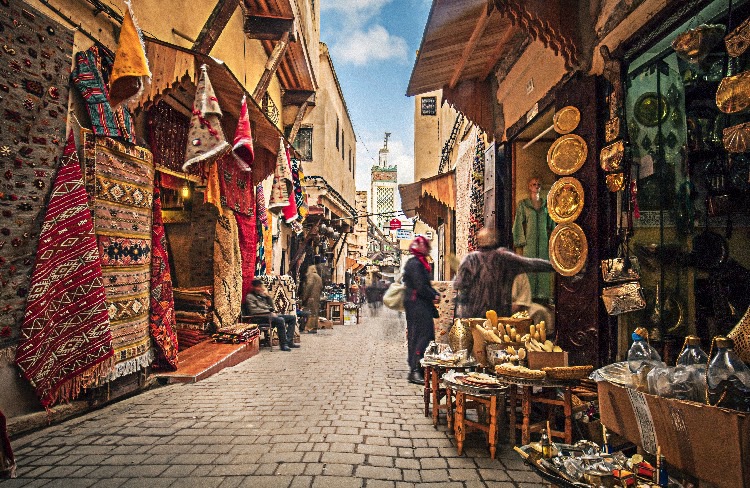 Photo © iStock.com/xavierarnau
Photo © iStock.com/xavierarnau
There is nothing wrong with wanting a keepsake of a trip away, but before you add to your luggage allowance, think about what you are buying, where and why, and whether you have considered the supply chain and ethics of your purchase. Here are some tips to remember in order to become conscious consumers.
- The Souvenir Industry
- What Comes First, Supply or Demand
- Supporting Local Economy vs. Made Abroad
- Souvenirs to Avoid
- How to Be an Ethical Shopper
The souvenir industry
The global souvenir business is worth billions of dollars and often provides vital income to the people who need it most, but in a largely unregulated industry, it’s almost impossible to stop the flood of cheap imports that take business away from genuine local craftspeople.
As conscious consumers, it’s important we think about buying souvenirs more as a way to support and learn about communities we visit than about the new object soon to grace our mantelpiece.
“Souvenir shopping can be as much about obtaining an item you want,” says Dave, from the travel blog The Longest Way Home, “as it can be about gaining cultural insight, interacting and helping local people.”
What comes first, supply or demand?
In an ideal world, demand from travelers wanting to support the communities while getting a memento of their trip should be the start of the supply train, and that’s often the case. However, with many shops and markets flooded with ubiquitous souvenirs that can be found anywhere in the world, supply often wins out. The result can be very little choice of genuine and unique souvenirs for travelers and a loss of income for those who are crafting culturally appropriate souvenirs locally.
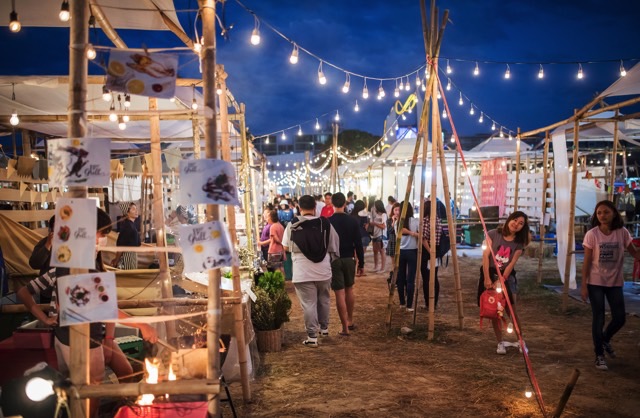
Supporting local economy vs. made abroad
Always try and support local producers, makers and artisans. This way, you are giving back to the community that is supporting you on your travels, and you will meet fascinating people and have more interesting stories to tell.
“Our advice on shopping is always pretty much the same,” says Tony Carne from Urban Adventures. “Try to get as close to the source of production as you can, and you’ve got the chance to engage with artisans. It is through shopping that you, as a traveler can directly affect a positive, responsible tourism outcome.”
For some travelers, haggling and bartering might be unfamiliar, however, in many countries haggling is commonplace and expected. Bartering can help you understand a community and culture. Plus, you’ll have fun.
“Know and understand the culture you are haggling and bartering in before you try!” says Dave. “Some cultures are aggressive, others not so. Smiling and keeping the whole process light-hearted is probably the best advice.”
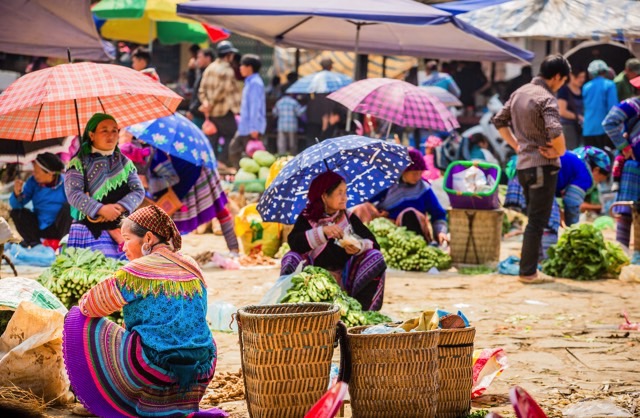
Souvenirs to avoid
There are obvious no-no’s here. Avoid animal products. Purchasing products such as ivory or tiger parts used in Chinese medicine; could be supporting poachers and endangering rare species.
“Tortoiseshell is the original plastic,” says Brad Nahill from SEE Turtles. “Its beauty and ability to mold into different shapes made it a popular and useful product for hundreds of years before plastic was invented. However, this material comes from the shell of the critically endangered hawksbill sea turtle, and these turtles are still hunted for their shells despite being illegal to sell, buy, or transport in most countries. Travelers who buy these products are not only contributing to the extinction of an animal that is vitally important for coral reefs, they also put themselves at risk of fines or jail time.”
Never take things from monuments such as the Berlin Wall, ancient ruins, or places with deep cultural or religious significance.
“Aside from damaging local facilities,” says Dave, “local laws will often be in place to forbid this. Furthermore, customs agencies are likely to stop you too.”
Ask questions to make sure what you are buying isn’t stolen especially if the seller is claiming the item has historical or cultural significance.
“Enquire about the origin of what you are buying,” says World Expeditions’ Donna Lawrence. “Go so far as to insist that the item you are purchasing has a documented and legal history. Resist the temptation to buy counterfeit because usually, behind the scenes, there are criminal interests.”
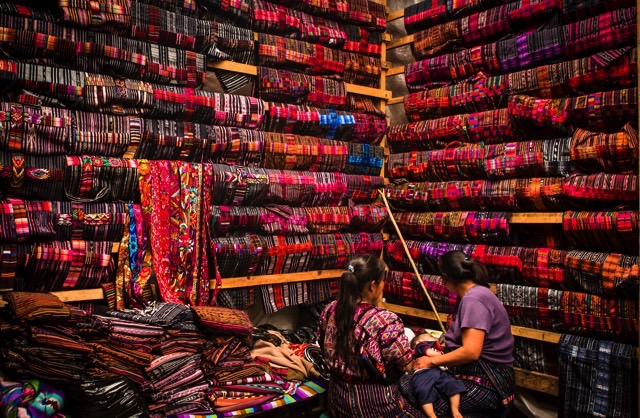
How to be an ethical shopper
Buy locally; buy directly from the maker if possible, and ask questions about how the item is made and where the components come from.
“It’s really the only way to be certain that the locals are receiving a fair price for their work,” says Jennine Cohen from Geographic Expeditions, “some weavings in Latin America, for example, take weeks or even months to make. Many artisans are proud of their wares and like to imagine their products finding a good home. If you can get the story directly from the artisan, the object comes to life with its story.”
Beware of shops that buy direct from the makers but on-sell the item to you for several times more than they paid; ask questions and be curious.
“In the end,” continues Cohen, “your best guide really is your intuition about the shop owner and their intentions and trustworthiness with the products they are selling. Some shop owners truly desire to help local communities, while others are just looking to make a buck. If you pay attention, you can usually tell the difference.”
Perhaps we should ask if we need to buy souvenirs at all?
“Backpacking teaches us that we need very little in the way of material goods to be happy,” says Nikki Scott from South East Asia Backpacker. “Why not buy a delicious mango, eat it and rejoice in nature!” Your stories are the best souvenirs, and you can take a photo for good measure.
Related articles
Simple and flexible travel insurance
You can buy at home or while traveling, and claim online from anywhere in the world. With 150+ adventure activities covered and 24/7 emergency assistance.
Get a quote
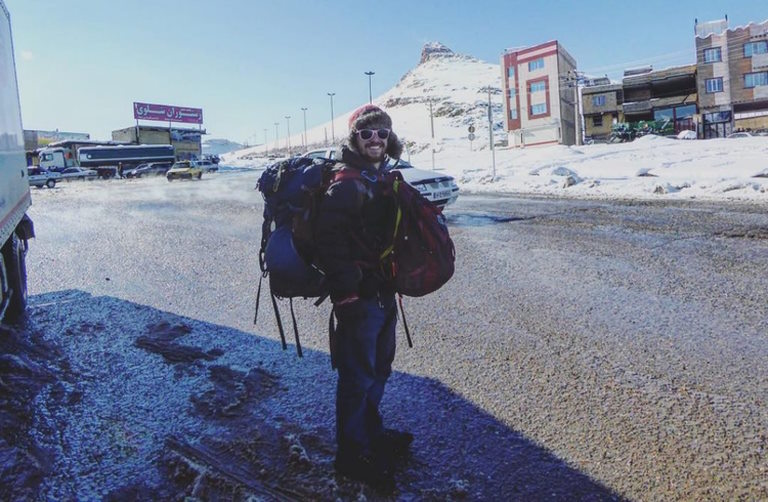

No Comments